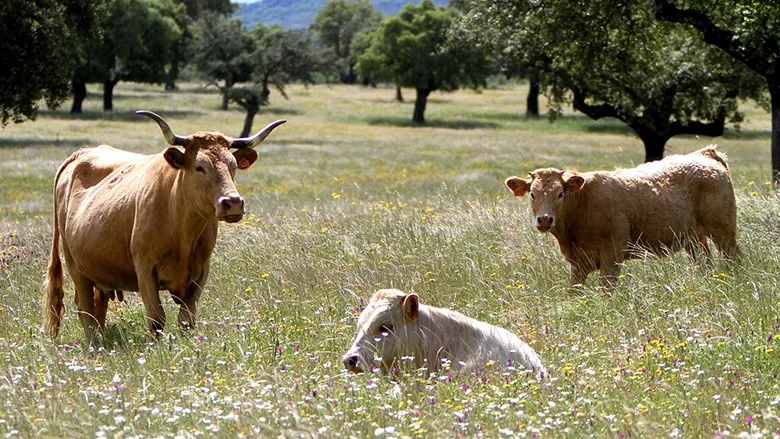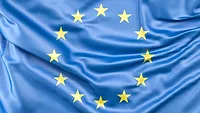European Commission Questions Spain for Allowing EU-Banned Pesticides

The European Commission recently decided to let member nations set their own rules for the Maximum Residue Levels (MRLs) of imported crops. The temporary measure was set in place in an attempt to relieve strain on the EU’s agri-food sector; dwindling grain supplies caused by the war in Ukraine may soon affect European farmers’ abilities to feed their livestock.
In light of the Commission’s decision, Spain has relaxed its import standards for maize from Brazil and Argentina. Spain is now allowing chlorpyrifos and dichlorvos, two pesticides that are banned by the EU, to exceed MRLs that are considered safe for consumers by the European Food Safety Authority (EFSA). In response, the Commission has urged Spanish authorities to explain their rationale for deviating from standards set by EFSA in regards to consumer safety. To guide EU nations in making decisions about their individual, temporary import requirements, EFSA produced an assessment which warned countries against raising MRLs for chlorpyrifos and dichlorvos.
A preliminary report from Spain showed that the livestock feed mix, for which the imported maize will be used, would be compliant with EU standards. However, due to Spain’s departure from EFSA’s import recommendations, the Commission is asking Spain to conduct a full risk assessment and a detailed report on how it will ensure the feed is used safely. Additionally, the Commission is asking Portugal to provide a similar explanation for its relaxation of import regulations in an effort to provide feed to its livestock farmers.
Chlorpyrifos, which is banned in the U.S. as well as the EU, has been linked to damage of the human brain and reproductive system. EFSA also strongly considers dichlorvos as a risk to consumer health. Spain’s decision to relax MRLs for chlorpyrifos and dichlorvos will last for six months.
Looking for quick answers on food safety topics?
Try Ask FSM, our new smart AI search tool.
Ask FSM →









